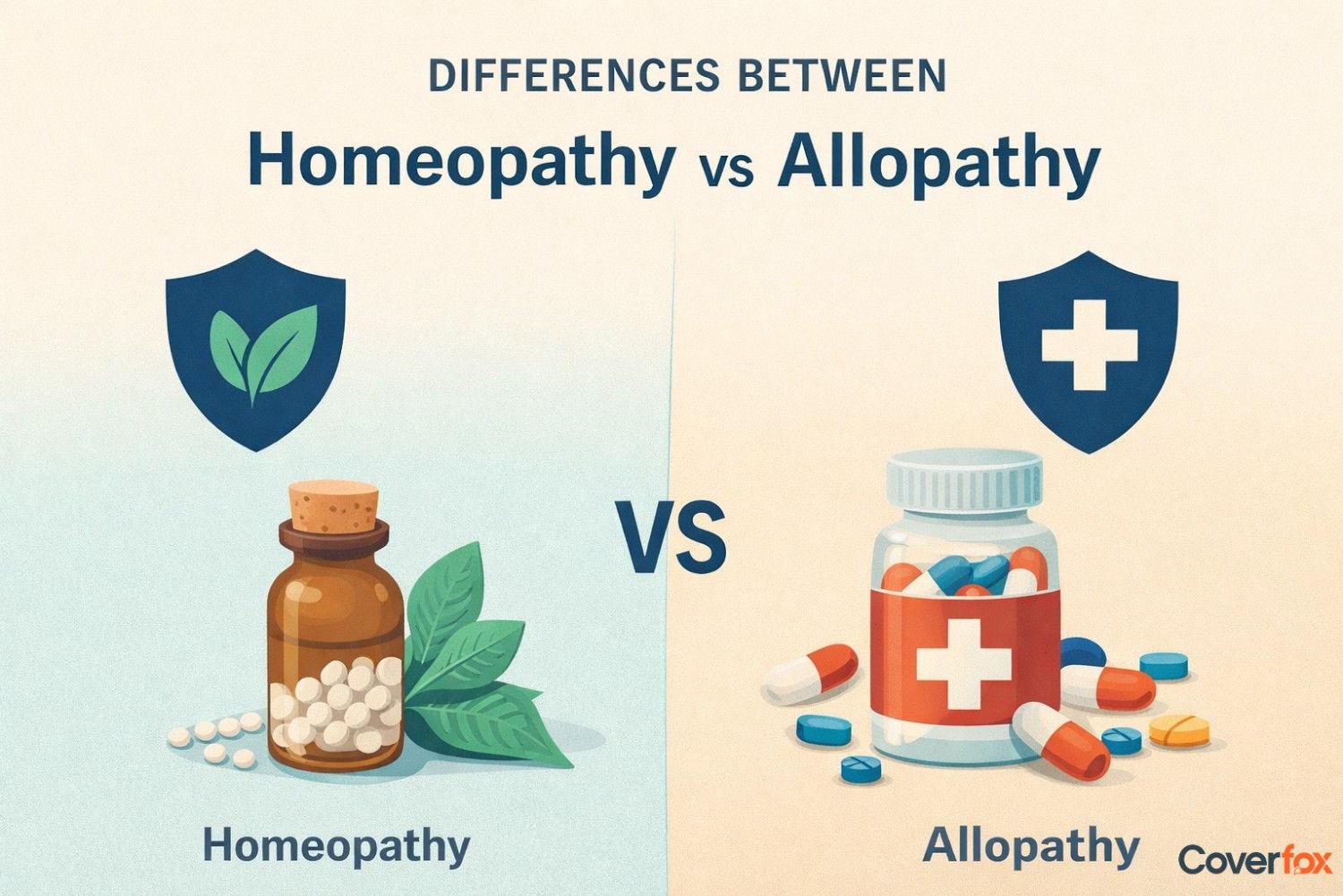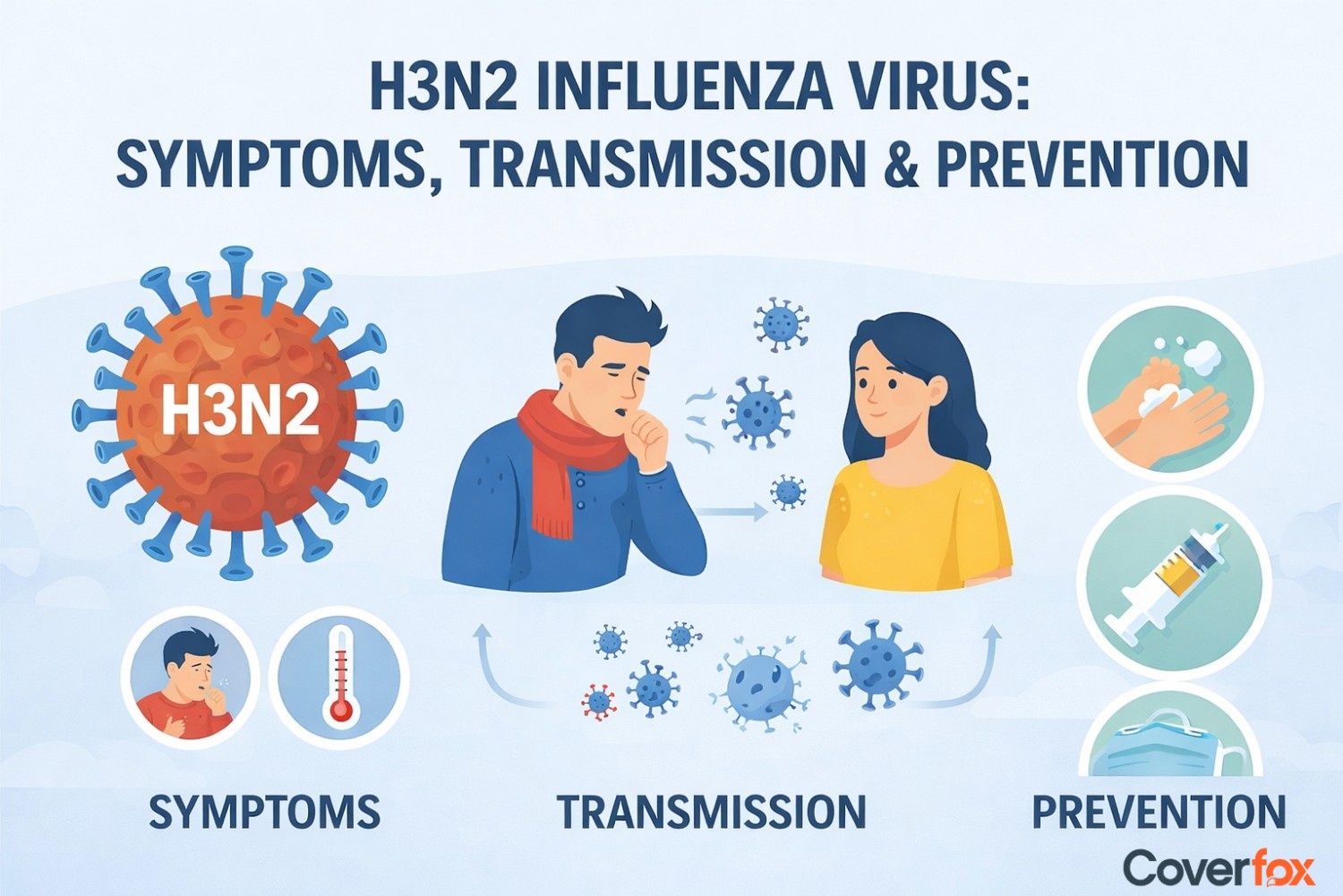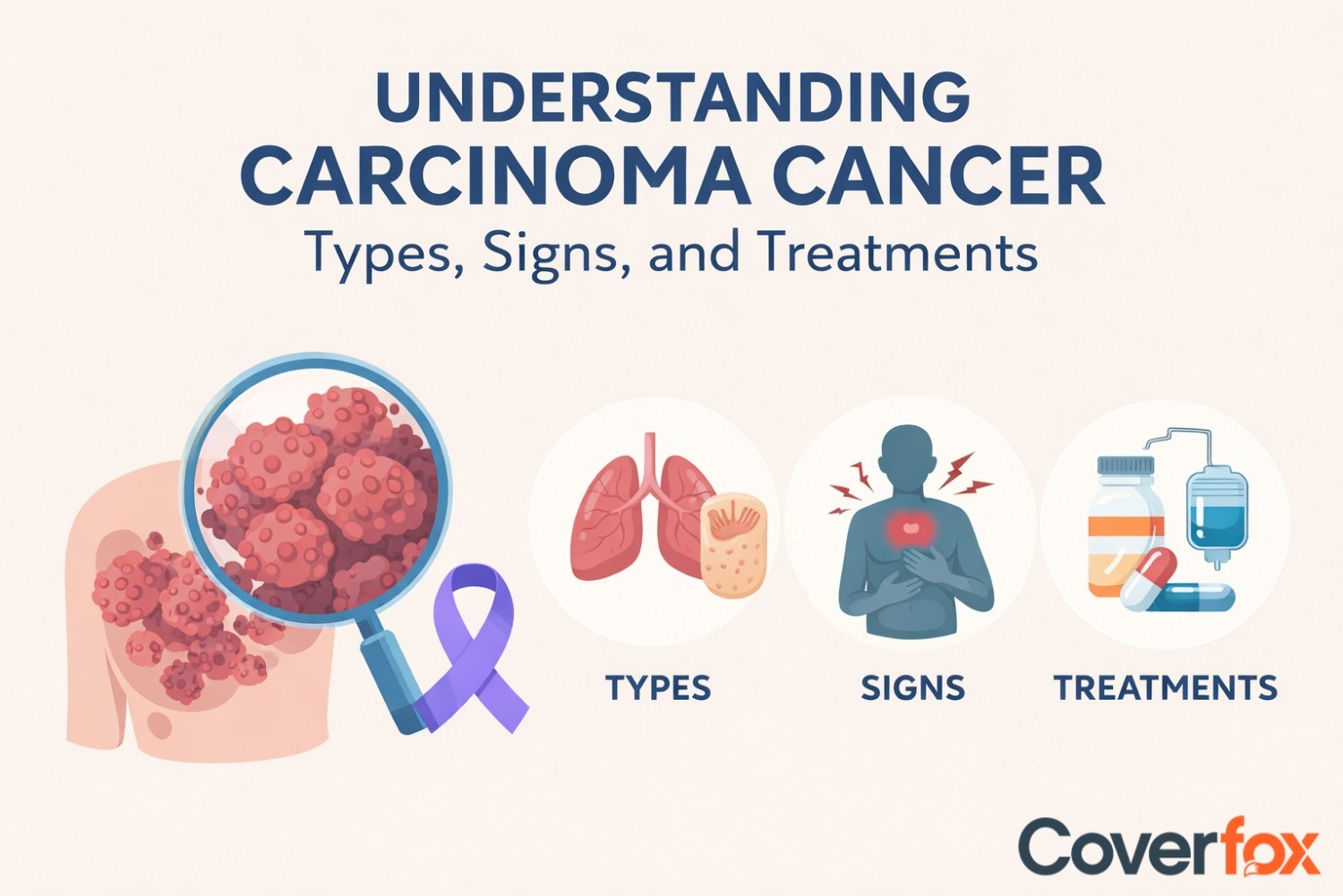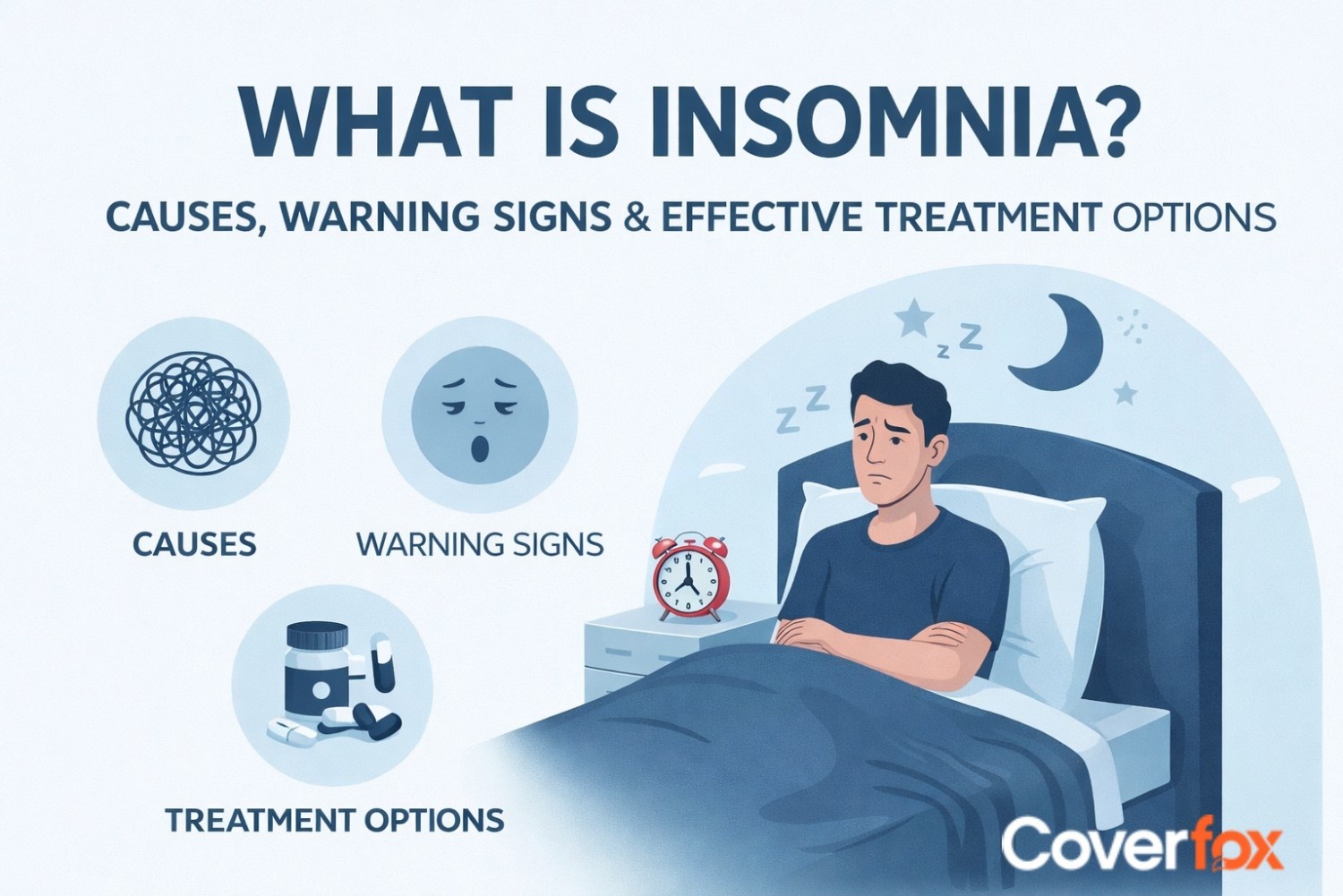World Hepatitis Day is celebrated across the globe on 28th July every year. This day is celebrated to spread awareness in the world about the dangers of the virus, Hepatitis.
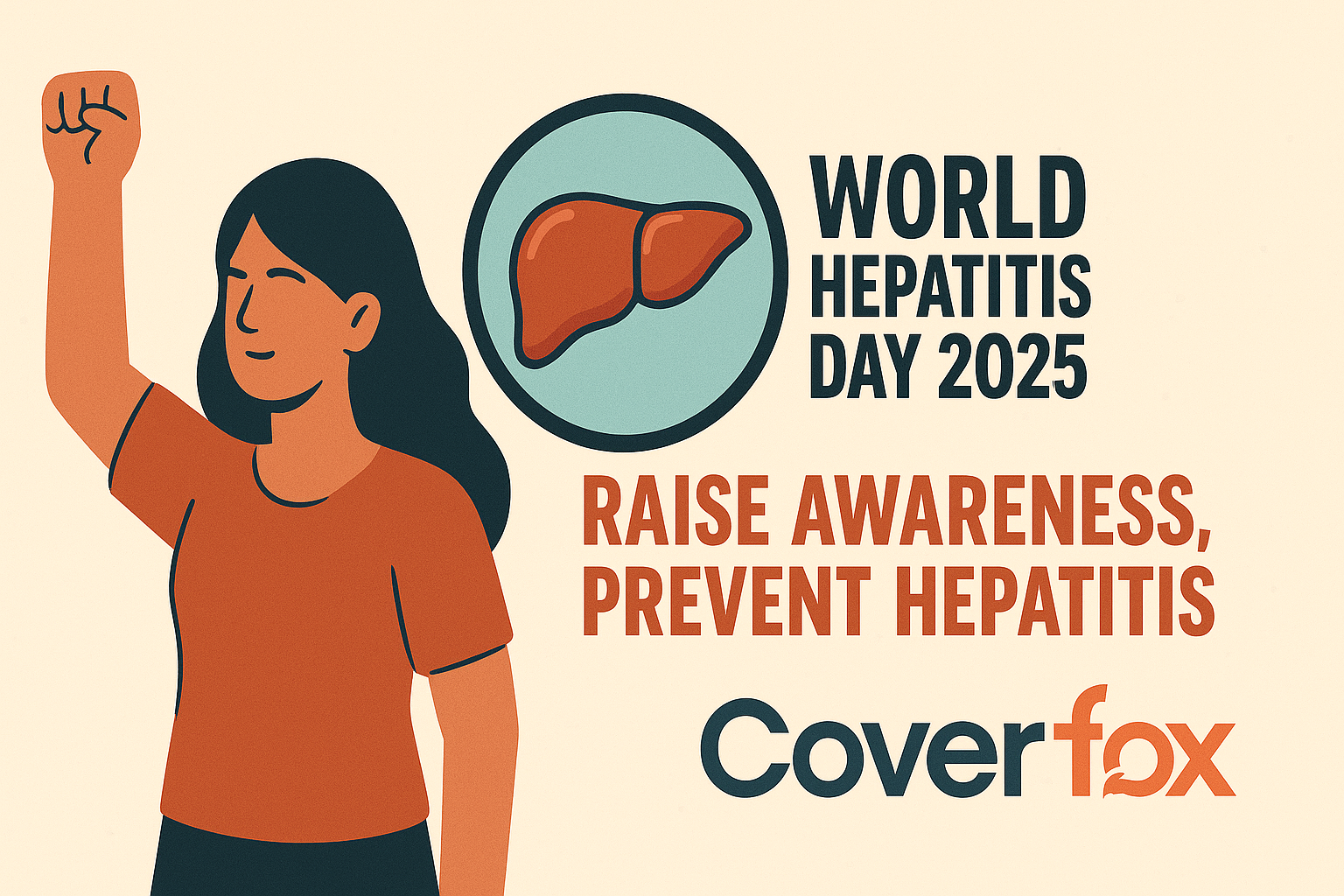
This virus has caused over a million deaths every year (WorldHepatitisDay.org), and the number keeps increasing day by day. So this World Hepatitis Day 2025, make sure to join in and help spread awareness about the Hepatitis virus around you.
What Is Hepatitis?
Hepatitis is a disease that causes the inflammation of the liver, a vital organ responsible for filtering toxins, producing bile, and storing nutrients. It can be caused by viral infections, alcohol use, toxins, autoimmune conditions, or certain medications. The condition can range from mild to severe and may be either acute (short-term) or chronic (long-lasting). While acute Hepatitis causes fatigue, jaundice, fever, and nausea, and is generally healed under 6 months, chronic Hepatitis can lead to liver fibrosis, cirrhosis, or even liver cancer if left untreated.
Here are the different types of Hepatitis viruses found in the world:
1. Hepatitis A (HAV)
- Transmission: Faecal-oral route, often through contaminated food or water.
- Nature: Usually acute and self-limiting.
2. Hepatitis B (HBV)
- Transmission: Blood, sexual contact, sharing needles, or mother-to-child during childbirth.
- Nature: Can be both acute and chronic.
3. Hepatitis C (HCV)
- Transmission: Mainly through blood-to-blood contact (e.g., sharing needles, transfusions with unscreened blood).
- Nature: Often becomes chronic if not treated.
4. Hepatitis D (HDV)
- Transmission: Only occurs in people already infected with Hepatitis B; spread through blood or body fluids.
- Nature: Can intensify the severity of Hepatitis B.
5. Hepatitis E (HEV)
- Transmission: Faecal-oral route, similar to HAV, usually through contaminated water.
- Nature: Typically acute; can be dangerous in pregnant women.
Global Impact of Hepatitis
Here are some interesting, yet alarming facts about Hepatitis around the globe:
- In 2022, hepatitis B & C caused approximately 1.3 million deaths, making viral hepatitis the second leading cause of infectious deaths globally—on par with tuberculosis.
- Daily, roughly 3,500 people die and 6,000 new infections are recorded worldwide from hepatitis B or C.
- An estimated 254 million people live with chronic hepatitis B, and 50 million live with chronic hepatitis C.
- Only 13.4% of hepatitis B patients are diagnosed, and just ~2.6% receive treatment.
- For hepatitis C, about 36% are diagnosed, and only 20% receive treatment, despite the availability of an effective cure.
- Scaling hepatitis B vaccination to 90% coverage and achieving 80% treatment rates could prevent 26 million HBV infections and 9 million HBV deaths by 2050.
- Despite available tools—vaccines for hepatitis A/B, curative therapy for hepatitis C—most individuals remain undiagnosed and untreated, especially in LMICs
History of World Hepatitis Day
As we know, World Hepatitis Day is celebrated across the globe on 28th July every year, but why this date? The date was chosen to honour the birthday of Dr. Baruch Blumberg, who discovered the hepatitis B virus (HBV) and developed the first HBV vaccine — earning him the Nobel Prize in 1976.
Timeline of Key Events:
- 2004 – The first International Hepatitis C Awareness Day was launched by patient groups and NGOs independently across various countries.
- 2007 – The World Hepatitis Alliance officially coordinated the first World Hepatitis Day, with support from patient organisations.
- 2010 – The World Health Organisation (WHO) officially recognised 28 July as World Hepatitis Day at the 63rd World Health Assembly.
- 2016 – WHO adopted the Global Health Sector Strategy on Viral Hepatitis (2016–2021), targeting the elimination of viral hepatitis by 2030.
- 2021 onwards – With expanded global participation, World Hepatitis Day now sees government, NGO, and community-led campaigns across 100+ countries.
Previous Year Themes of World Hepatitis Day
Every year, a theme is dedicated to a cause on World Hepatitis Day:
- 2024: “It’s Time For Action”
- 2023: “We’re not waiting”
- 2022: “Hepatitis can’t wait”
- 2021: “Hepatitis: Don’t Miss the Target”
Importance and Significance of World Hepatitis Day
The major objective of World Hepatitis Day is to spread awareness about the virus Hepatitis, how it spreads, and what treatments are available across the world. Here’s why this day is significant:
Raises Global Awareness
Promotes Early Testing & Prevention
Supports the WHO’s Elimination Goal
Drives Policy and Funding
Empowers Affected Communities
Hepatitis can cause chronic liver disease, cancer, and death. Most people infected aren’t even aware, as symptoms often appear late. World Hepatitis Day brings global attention to this imminent danger.
The day emphasises the need for early detection through simple blood tests and encourages vaccination for hepatitis A and B, which are preventable.
World Hepatitis Day is crucial to rally support for the WHO’s mission to eliminate viral hepatitis by 2030, which aims to reduce new infections by 90% and deaths by 65%.
The observance urges governments, healthcare systems, and international bodies to strengthen national policies, invest in infrastructure, and scale up access to treatment.
It provides a voice to patients and affected families, reduces stigma, and highlights the importance of health equity, especially in low-resource settings.
World Hepatitis Day Theme 2025: Hepatitis: Let’s Break It Down
The Theme for 2025 for World Hepatitis Day is “Let’s Break It Down”, indicating that break down the barriers that are holding us back from a world free of Hepatitis. The 400 members of the World Hepatitis Day Organisation across 120 countries are all calling the world to end this dangerous virus - Hepatitis, which can easily be prevented.
The Objectives of World Hepatitis Day 2025 are:
- Spread awareness about hepatitis testing, available treatments and vaccinations.
- For authorities and affected people to get acquainted with the resources available to make their lives easier.
- End the stigma surrounding hepatitis so that no one is marginalised or left behind.
- To end the superstition that hepatitis cannot be eradicated completely. It is possible only if we all come together and fight against it.
Impact of Hepatitis on Liver Health
Hepatitis is directly linked to liver health. It causes inflammation of the liver and severe damage to its function, depending on the type of Hepatitis infection. Here’s how hepatitis impacts liver health:
Acute Damage
Chronic Inflammation
Liver Fibrosis and Cirrhosis
Liver Failure
Increased Cancer Risk
In the short term, hepatitis can cause symptoms like jaundice, fatigue, and abdominal pain. If treated early, the liver may recover completely.
Chronic hepatitis (especially types B and C) can lead to long-term inflammation, slowly damaging liver tissues over years or decades without obvious symptoms.
Prolonged hepatitis causes scarring (fibrosis), which may progress to cirrhosis—an irreversible condition where liver tissue is replaced with scar tissue, severely impairing liver function.
In advanced cases, hepatitis can lead to liver failure, where the liver loses the ability to perform its vital functions, requiring urgent medical intervention or transplant.
Chronic hepatitis B and C infections significantly raise the risk of hepatocellular carcinoma (a type of liver cancer).
Hepatitis Prevention Strategies
Prevention is better than cure – a saying that has gone well for ages. Here are some easy, yet effective strategies to prevent Hepatitis infection:
- Get vaccinated against Hepatitis A and B for long-term protection.
- Avoid sharing needles or personal items like razors and toothbrushes.
- Practice safe sex by using protection to reduce transmission risk.
- Ensure safe blood transfusions by choosing certified medical centres.
- Consume clean food and water to prevent Hepatitis A and E infections.
- Screen during pregnancy to prevent mother-to-child transmission.
- Educate yourself and others about hepatitis causes and prevention.
Early Detection and Testing
The best way to fight against Hepatitis after you contract it is to identify it at the earliest. If spotted early, treatments can be fast, and the damage done can easily be healed. Here’s what you need to know:
Who should get tested?
Types of Tests
Why early testing matters
Where to get tested
Individuals with high-risk behaviour, healthcare workers, pregnant women, and anyone showing symptoms like fatigue, jaundice, or abdominal pain should get tested.
Blood tests like the Hepatitis Panel check for hepatitis A, B, and C viruses by detecting antigens, antibodies, and viral loads.
Hepatitis can often be asymptomatic in the early stages. Detecting it early prevents long-term liver damage and helps limit its spread.
Government hospitals, private labs, and health camps organised during World Hepatitis Day offer accessible testing options.
Healthcare Policies and Insurance Coverage
Health insurance plays a vital role in managing the costs associated with hepatitis diagnosis, treatment, and long-term care. Hepatitis—especially chronic Hepatitis B and C—can lead to serious liver complications requiring regular monitoring, antiviral medication, and even hospitalisation. Without health insurance, these expenses can be overwhelming. However, you need to make sure that Hepatitis is covered under your health insurance policy. Some severe cases of Hepatitis B and C, which can lead to liver cancer and liver failure, may require you to add a critical illness plan to your healthcare insurance policy. Also, alcohol usage can lead to claim denial. Make sure you read the terms and conditions of your health insurance policy carefully.
Why Health Insurance Matters for Hepatitis Patients:
1. Covers Costly Treatments
Antiviral drugs, regular liver function tests, ultrasounds, and specialist consultations are expensive. A good health insurance plan can reduce out-of-pocket expenses significantly, especially if you opt for critical illness plans.
2. Access to Early Diagnosis
Health Insurance plans that include preventive check-ups can help in early detection through screenings for hepatitis viruses, reducing the risk of complications.
3. Cashless Hospitalisation
For those with complications like liver cirrhosis or hepatocellular carcinoma, critical illness health insurance plans enable the facilitation of cashless hospitalisation – no need to worry about the bills.
4. Protection Against Long-Term Burden
Chronic hepatitis often requires treatment over the years. Comprehensive health insurance ensures financial stability throughout the course of the disease.
5. Mental and Financial Peace of Mind
Managing a chronic condition like hepatitis can be emotionally draining. Insurance offers reassurance by taking care of medical costs, allowing patients to focus on recovery.
How to Participate in World Hepatitis Day 2025
There are multiple campaigns initiated by health organisations and the World Hepatitis Day Organisation across the globe, wherein you can participate and help the cause. You can participate through:
- Social Media Campaigns
- Joining the Virtual Global Relay by uploading a 30s Reel
- Apply to light up a local landmark green in support of WHD.
- Writing letters to your Local Policymakers
- Join the Online Webinars
*For more details, visit the official website of www.worldhepatitisday.org.
Key Takeaways
Celebrate World Hepatitis Day 2025 by joining the campaigns, spreading awareness through local communities and social media and helping the cause. Let us break it down together and help eradicate the danger of Hepatitis from this world. Be aware, be acquainted, and more importantly – stay secured with health insurance.
Also Read:
Frequently Asked Questions
What is the theme for World Hepatitis Day 2025?
The theme for 2025 is “Hepatitis: Let’s Break It Down”.
Why do we observe World Hepatitis Day?
It’s observed to raise global awareness about viral hepatitis, push for prevention, early detection, and treatment, and to work towards its elimination.
Who started World Hepatitis Day and why?
The World Hepatitis Alliance initiated it in collaboration with the World Health Organisation (WHO) to honour Dr. Baruch Blumberg (born July 28), who discovered the Hepatitis B virus.
What is the official colour for World Hepatitis Day?
The official colour is green, symbolising growth, renewal, and awareness for liver health and hepatitis advocacy.
What are some slogans for hepatitis awareness?
Examples include: “Hepatitis Can’t Wait”, “Know Hepatitis. Act Now.”, “Test. Treat. Eliminate Hepatitis.”
How can I raise awareness on World Hepatitis Day?
Share facts on social media, wear green, participate in local events, organise awareness sessions, or promote free testing and vaccination drives.
How is hepatitis prevented?
Through vaccination (for Hep A & B), safe food and water practices, using clean needles, practising safe sex, and regular screening.
Can a person live a normal life with hepatitis?
Yes, with early diagnosis, medical care, and lifestyle management, many people with hepatitis—especially B or C—can live long, healthy lives.
Can hepatitis be sexually transmitted?
Yes, Hepatitis B and C can be sexually transmitted, especially through unprotected sex. Safe practices and vaccination help reduce the risk.
.webp)
 in Insurance.webp)
